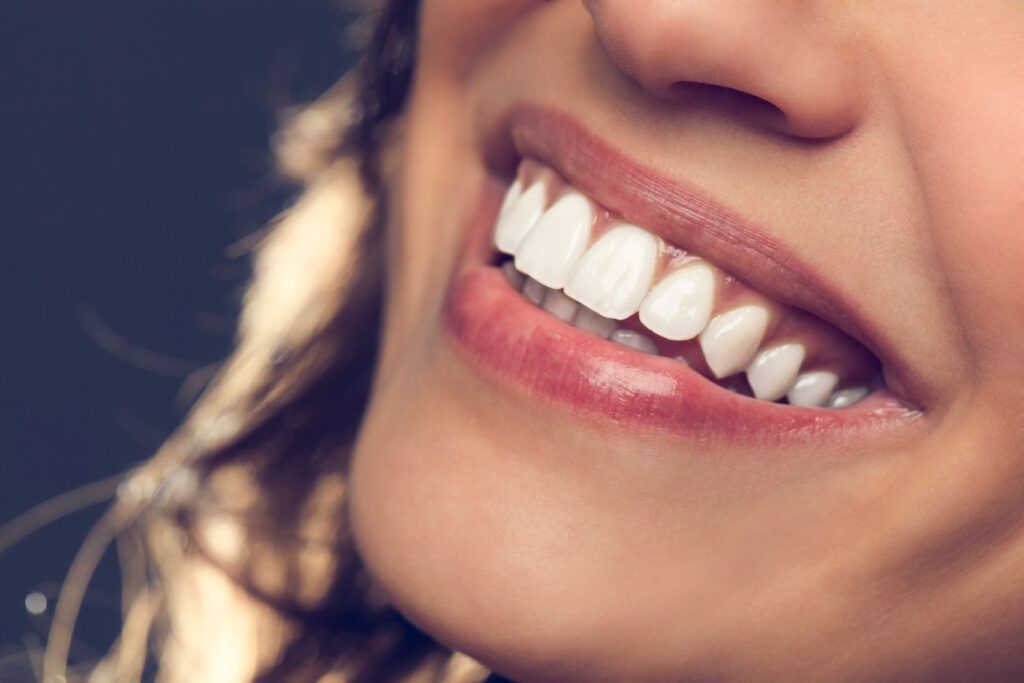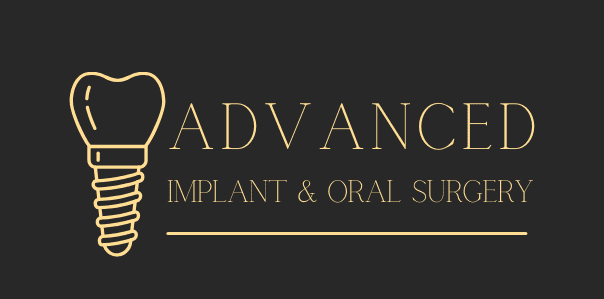Your gums are a connective tissue that provides support to your teeth and ensures they stay in place within the mouth. If your gums sustain damage, they could begin to recede, pulling away from your teeth. In the absence of this strong tissue, your smile could face serious consequences.
Gum disease and poor oral habits are common causes of this periodontal symptom. If you notice this issue in your gums, do not wait to contact your dentist or periodontist for an evaluation.
Gum recession may be irreversible, so you should treat the problem as soon as you can. You can feel more inclined to seek this treatment when you know more about the dangers it can wreak on your smile. Read on to learn details about three potential dental problems that may arise in the wake of untreated gum recession.

Tooth Sensitivity Pain
When your gums recede, more of the surface of your teeth becomes exposed to the open air. This might make your smile’s appearance change, but it can also have uncomfortable side effects. This portion of your tooth was not designed to endure this exposure, so the newly revealed enamel is thinner than the rest of the tooth.
With less protection, the underlying nerves in the tooth’s interior risk exposure as well. If a food item or other stimulus touches a nerve in the tooth, you can feel an intense pain known as tooth sensitivity.
You will continue to feel this sensitivity because gum tissue and enamel will not regrow on their own. Treat gum recession as soon as you can to resolve sensitivity pain as well.
Increased Risk of Cavities
A cavity refers to a form of tooth decay that erodes a hole in the tooth’s surface. It develops when natural oral bacteria start to eat away at weak spots in the tooth enamel.
Healthy enamel can resist bacteria, but the part of the tooth exposed in the wake of gum recession may be more vulnerable to decay. You will need a dentist to get rid of a cavity and restore your tooth’s structure. But you should reduce the risk of cavities in the first place by protecting your dental and periodontal health.
Tooth Loss
Gum recession will cause the gum tissue to pull away from the teeth. This may make the teeth start to shift out their healthy, straight positions in your smile. They may also feel loose or wobbly in their sockets.
Over time, if the gum health continues to deteriorate, the teeth may fall out. Even with urgent attention, a dentist cannot place these teeth back in the mouth without the support of the gums.
Missing teeth can put you at serious risk of further oral health issues. While a dentist can replace lost teeth with targeted restorations, you should preserve your natural dental structure for as long as you can. This will mean prioritizing preventive care for your gums both at home and at your dentist’s office.
